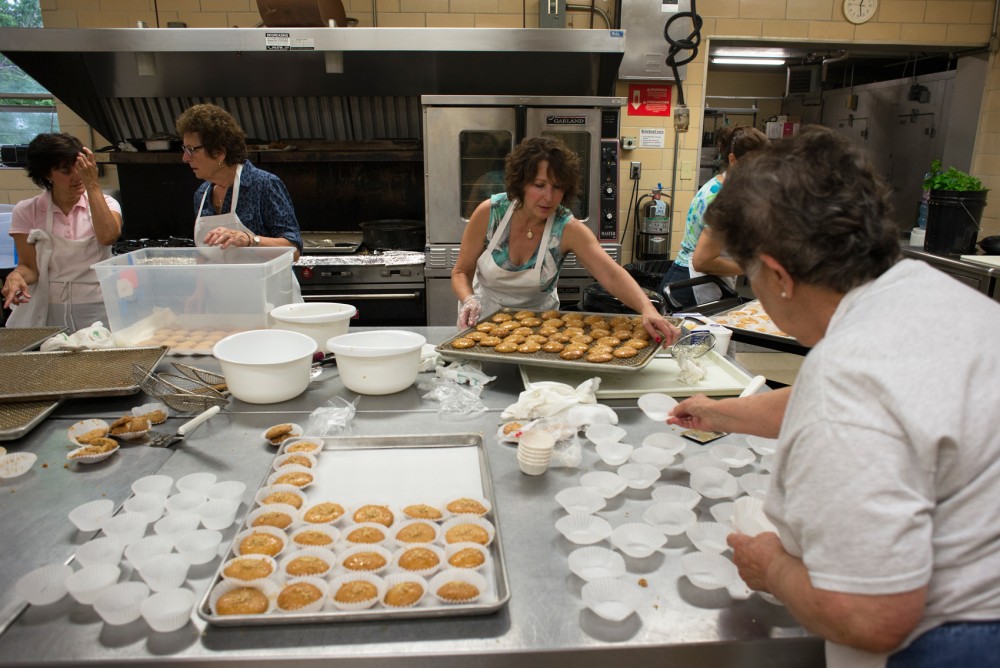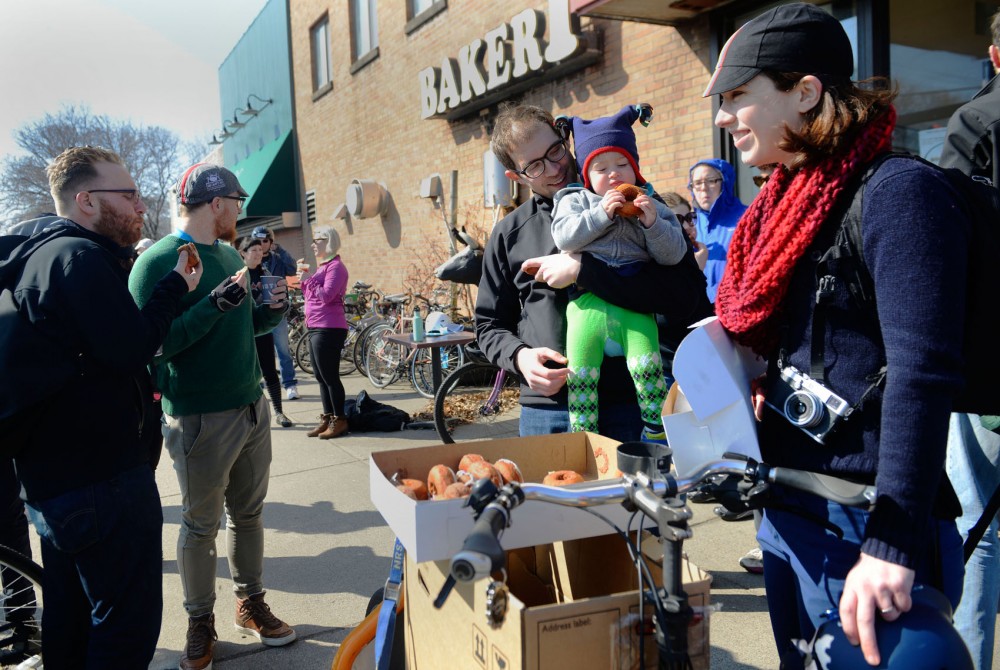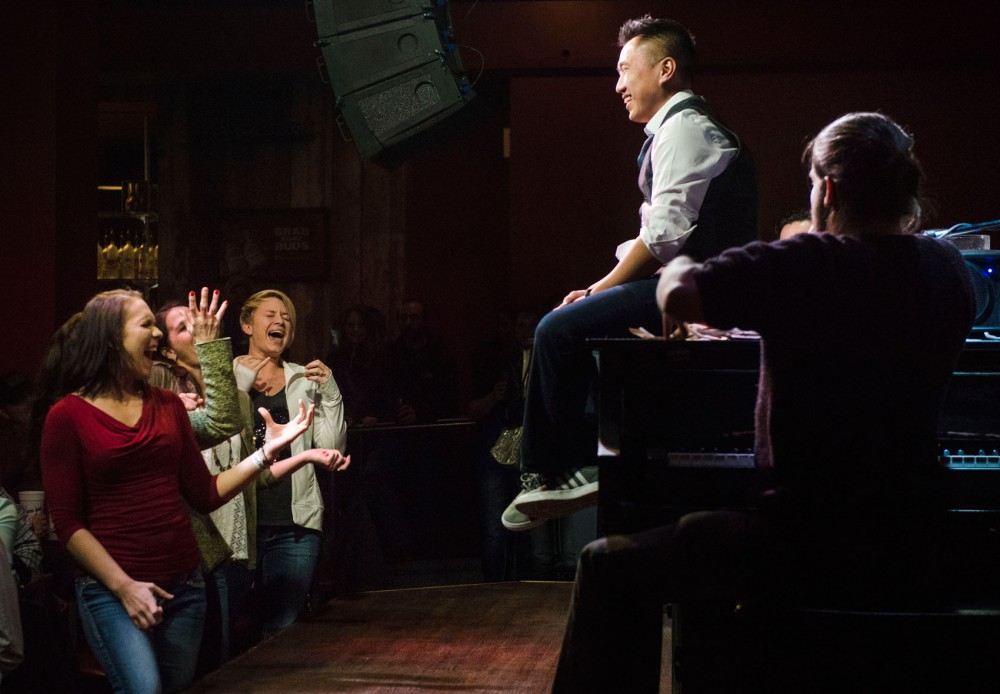For 20 years, Will Shortz has edited The New York Times crossword puzzle, gaining renown from 2006’s “Wordplay,” a documentary about the crossword tournament he founded.
At The New York Times, he has been responsible for such innovations as increasing the difficulty of puzzles over the course of the week, adding the creator’s byline and expanding the scope of references to include movies, TV and music.
He’s an enigmatologist, a title gained from a unique major he created at Indiana University in the 1970s. Shortz has the world’s largest selection of puzzles, some dating to the 1500s.
A&E spoke with the puzzling guru about his longstanding passion.
Do you have a favorite word?
Yes. It’s ucalegon — it’s a neighbor whose house is on fire. It’s such an absurd, just a wildly absurd word. How could you possibly use it? But it shows up in Webster’s Second New International Dictionary. It comes from an old Greek myth.
What started the fascination with puzzles?
I started making puzzles when I was 8 or 9. My mom was a writer, so I think I got my interest in words from her. I remember when I was very young my mom had her bridge club over for the afternoon, and to keep me quiet she took a piece of paper, folded it into squares and showed me how words interlock, hoping that would keep me quiet for the afternoon. It did.
What do you consider a puzzle to be?
I think it’s anything a human creates for another person to solve from start to finish that has a solution. I may have to refine that a little bit.
What I’m ruling out are everyday problems and challenges.
The person that made the challenge has to have an answer in mind, and that’s what’s appealing about a puzzle as opposed to most challenges in life. That’s what’s so satisfying: We’ve achieved perfection. We feel in control of our lives for a brief moment because we solved something perfectly.
From an editing standpoint, is the hint or the answer the most intriguing part of the process?
Well, I love the journey, everything about the process of puzzles. As far as The New York Times crosswords, I get 75 to a 100 submissions a week — they all have to be looked at. I pick my favorites and everyone gets a reply.
When you solve a puzzle, there’s a rush. That’s great; that’s part of the appeal. That’s why Sudoku is so popular. As the last few numbers get filled in — quickly — you get a rush of excitement and it makes you want to do another one immediately. It’s an addictive puzzle.
With both crosswords and Sudoku, you’re filling in empty squares, so that’s satisfying. There’s something very satisfying to fill empty spaces. As humans, I think we like to fill empty spaces.
I’ve read that you are also an avid table tennis player. Does the love of puzzles spill over into games in general?
Yes. I can turn anything into a game. If I’m talking with somebody and I think of a way to turn a fact into a question that would be entertaining to ask, you know I’ll do that. Sometimes when my assistant is here, I’ll ask, “How many Google hits do you think this phrase will have?” Then we’ll Google the phrase and see who is closer.
So you’re a pretty exhausting person to be around?
Ha, I hope I’m not too tiresome.
In terms of the lecture series—
I’ll talk for 15 minutes, do a Q&A for 15 to 20 minutes and then the rest of the time is audience participation. Anyone who comes should be ready to solve puzzles.
And the speaking part will be about…
I’ll talk about my all-time favorite crosswords, my favorite New York Times crosswords from the last year — I’m not sure, I vary that. I’ll talk about what makes a good crossword, how a crossword is constructed, a little about the history, what I do as an editor — all those things I jam in about 15 minutes.
Anything else?
One other thing I’ll mention, you’ve touched on it: my obsession with table tennis. I play wherever I go. I’m meeting with Mitch Seidenfeld who runs Table Tennis Minnesota. I’ll be playing table tennis in Minneapolis at his club and also at the University if the club is available.
I’m on a mission to play table tennis every day of the year. Last night was the 248th day of the year and I’ve not missed a day yet, and also I’m filming myself playing so I’ll have a record of it. The writers, directors of the “Paranormal Activity” movies and the movie “Catfish,” they’re friends of mine, and they’re going to make a video at the end of the year that I can throw on YouTube.
Who: Will Shortz
When: 7 p.m., Thursday
Where: Ted Mann Concert Hall; 2128 4th St. S, Minneapolis
Cost: $5 for U of M students; $25 for Friends of the Libraries; $30 for the general public













